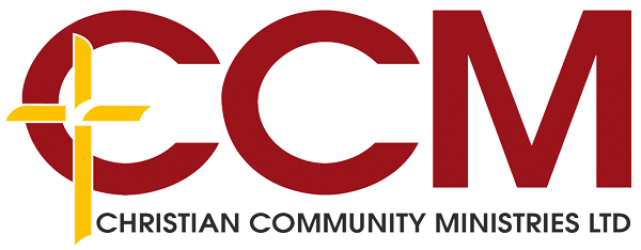Certificate III in Christian Ministry and Theology
11236NAT
Certificate III in Christian Ministry and Theology is a Christian Leadership and Development Program that has been designed specifically for learners with a passion to develop their faith and improve their leadership skills. The course will provide participants with: basic knowledge of core Christian beliefs and practices; an understanding of the relevance and application of these beliefs and practices to a specific context; skills to interpret, apply and communicate Christian beliefs and practices at an introductory level; opportunities for personal ethical formation; and foundational skills for work or further vocational training.
Certificate IV in Business
BSB40120
This qualification will help you to build a career in business administration and business services roles. You will develop the ability to apply a broad range of specialised skills which could including supervisory responsibilities. You will learn how to manage and maintain good customer service, produce complex business documents, maintain business relationships, undertake work projects and develop both work and personal priorities. This qualification will give you confidence to present information and to demonstrate leadership and critical thinking during regular business operations.
